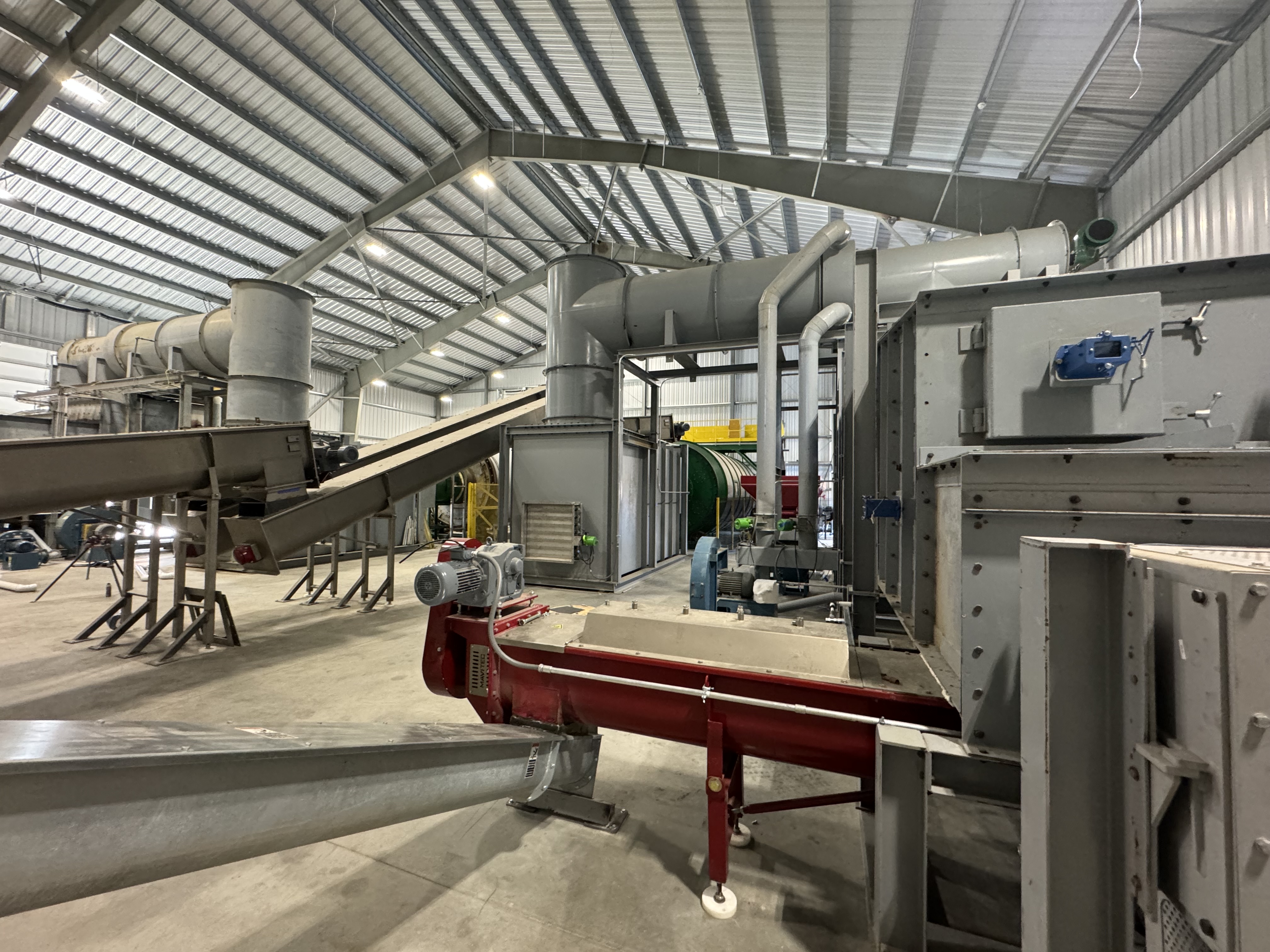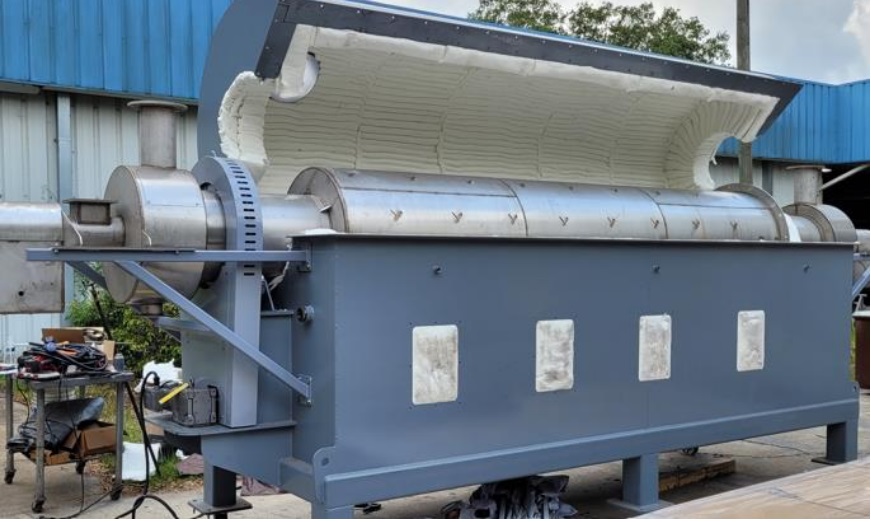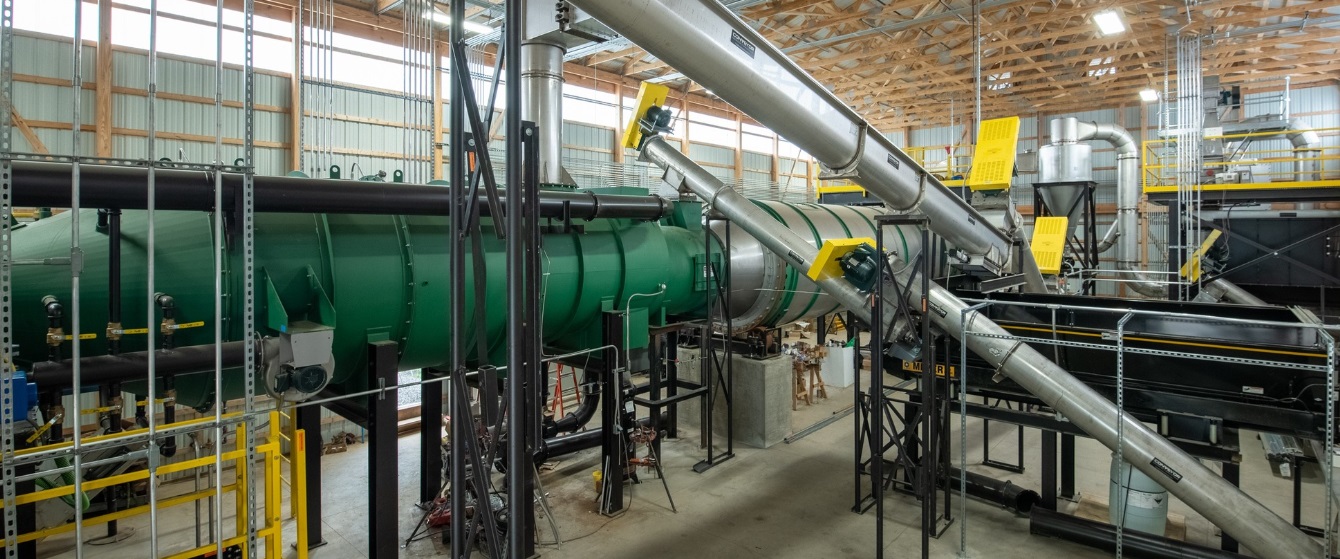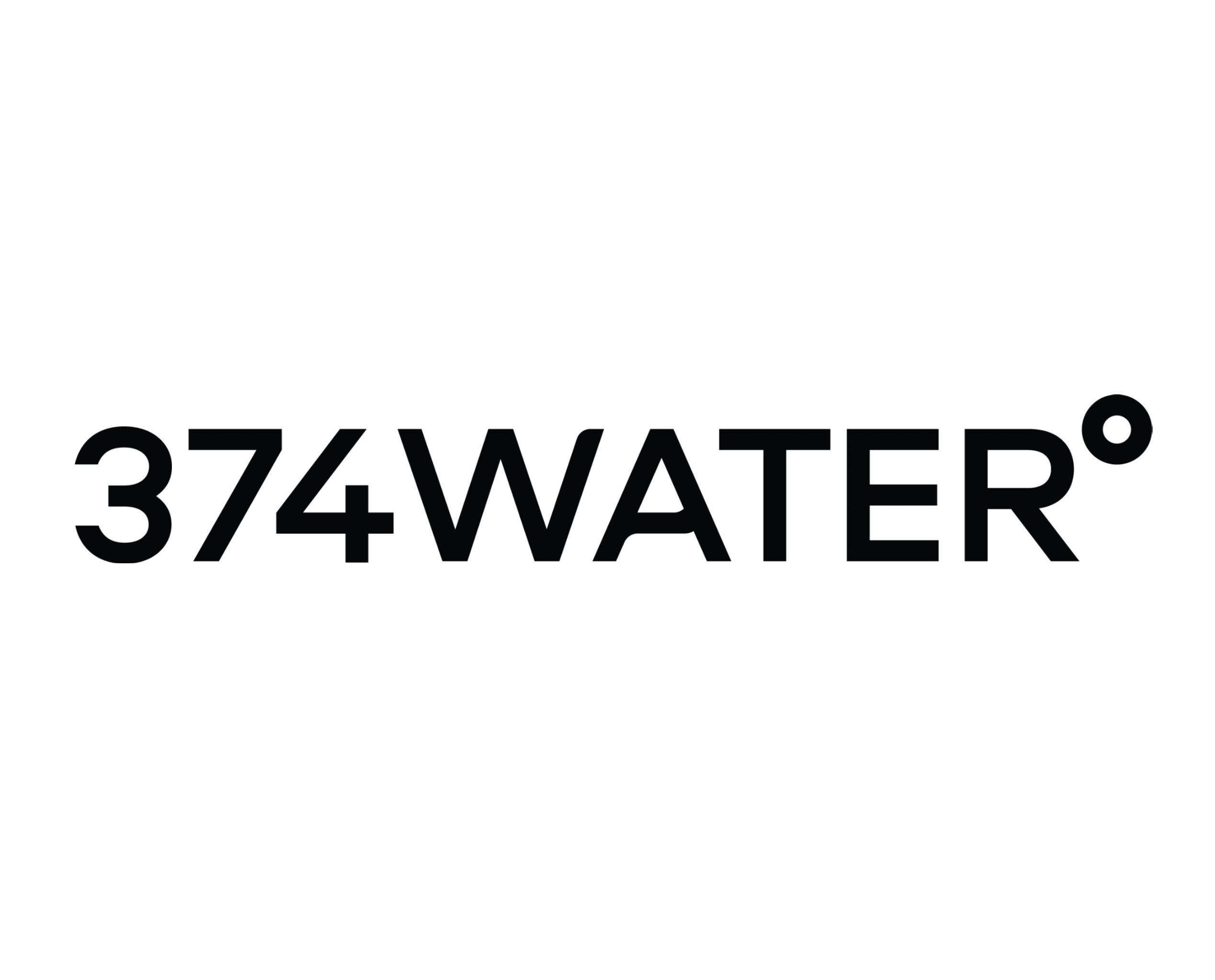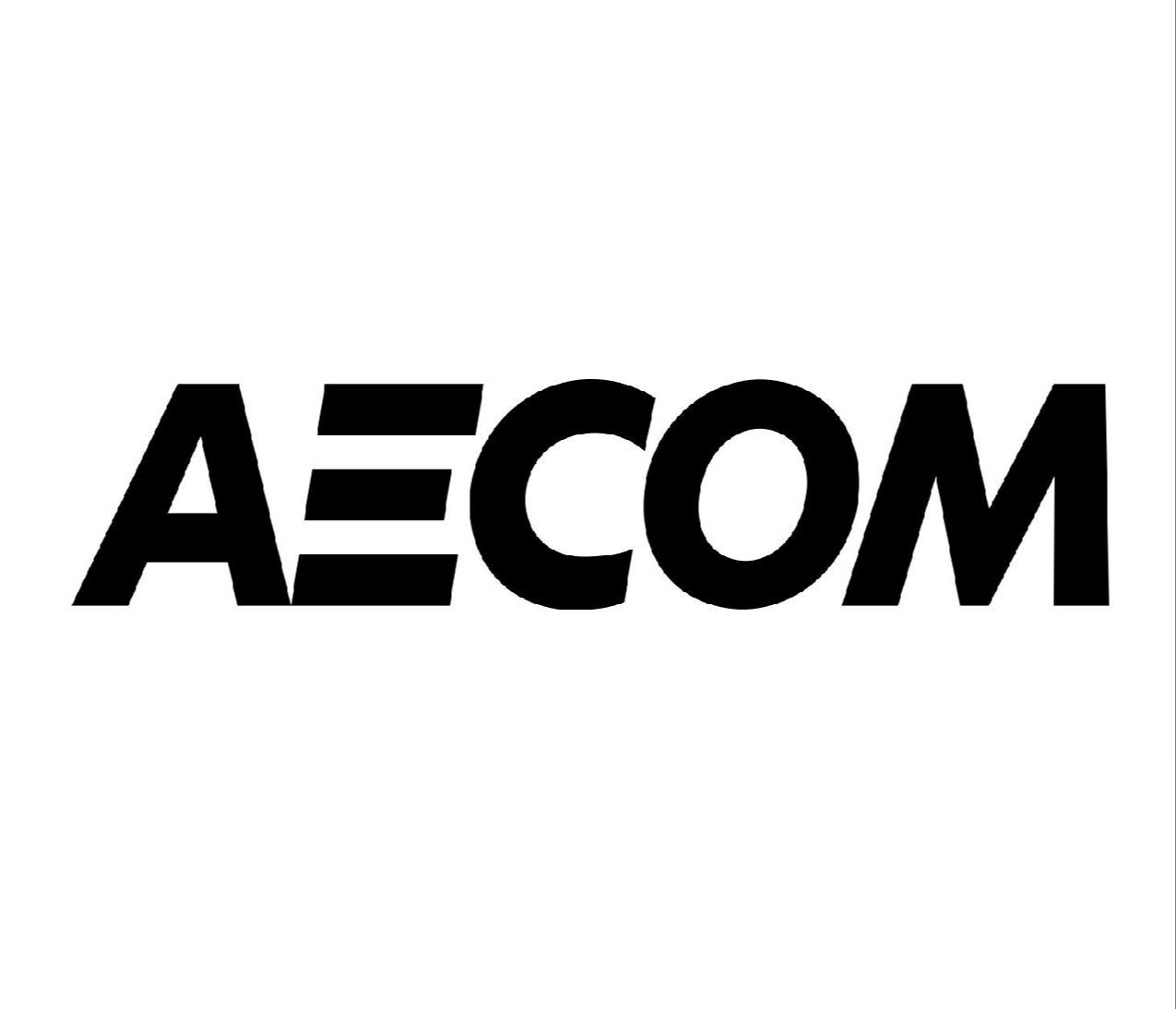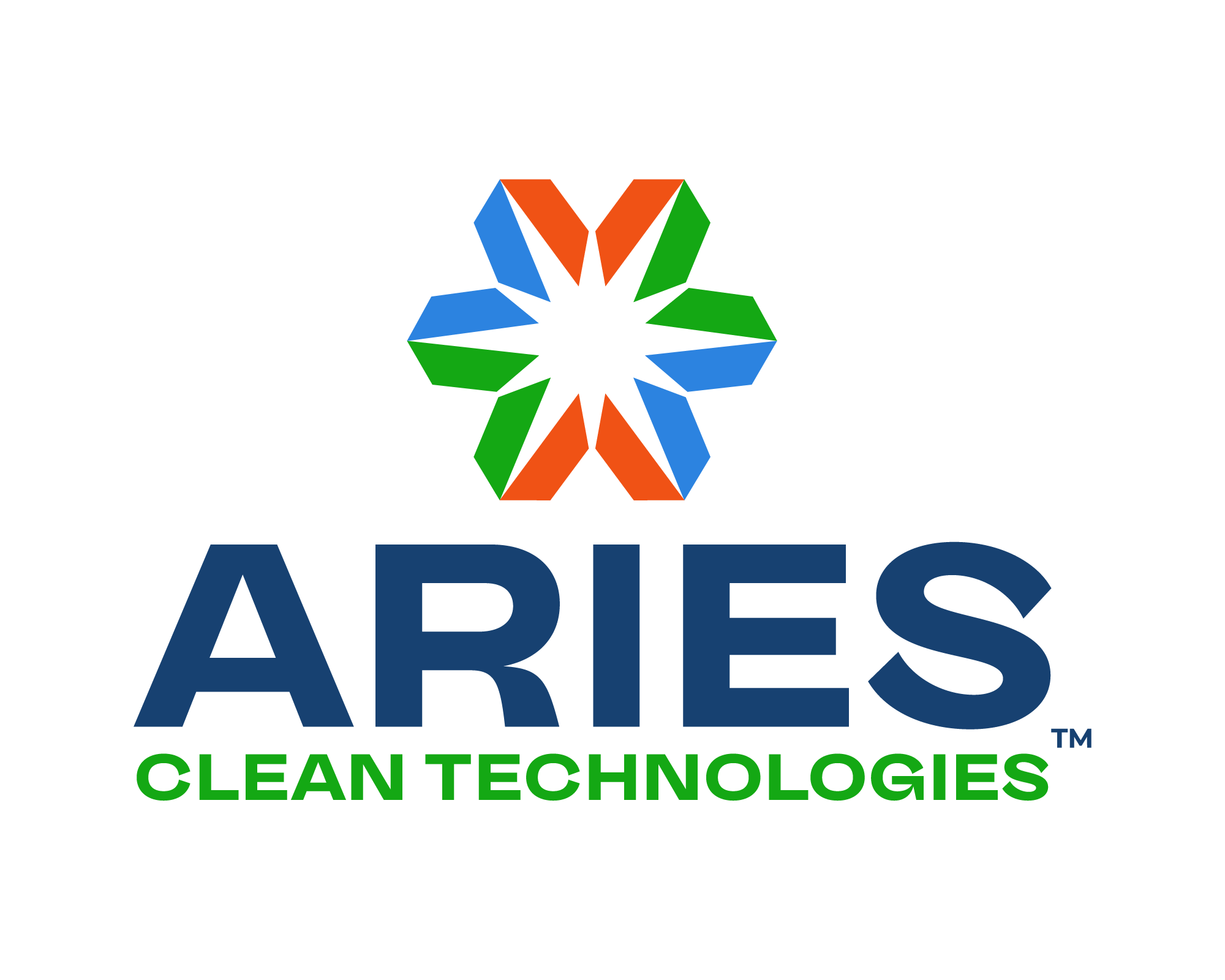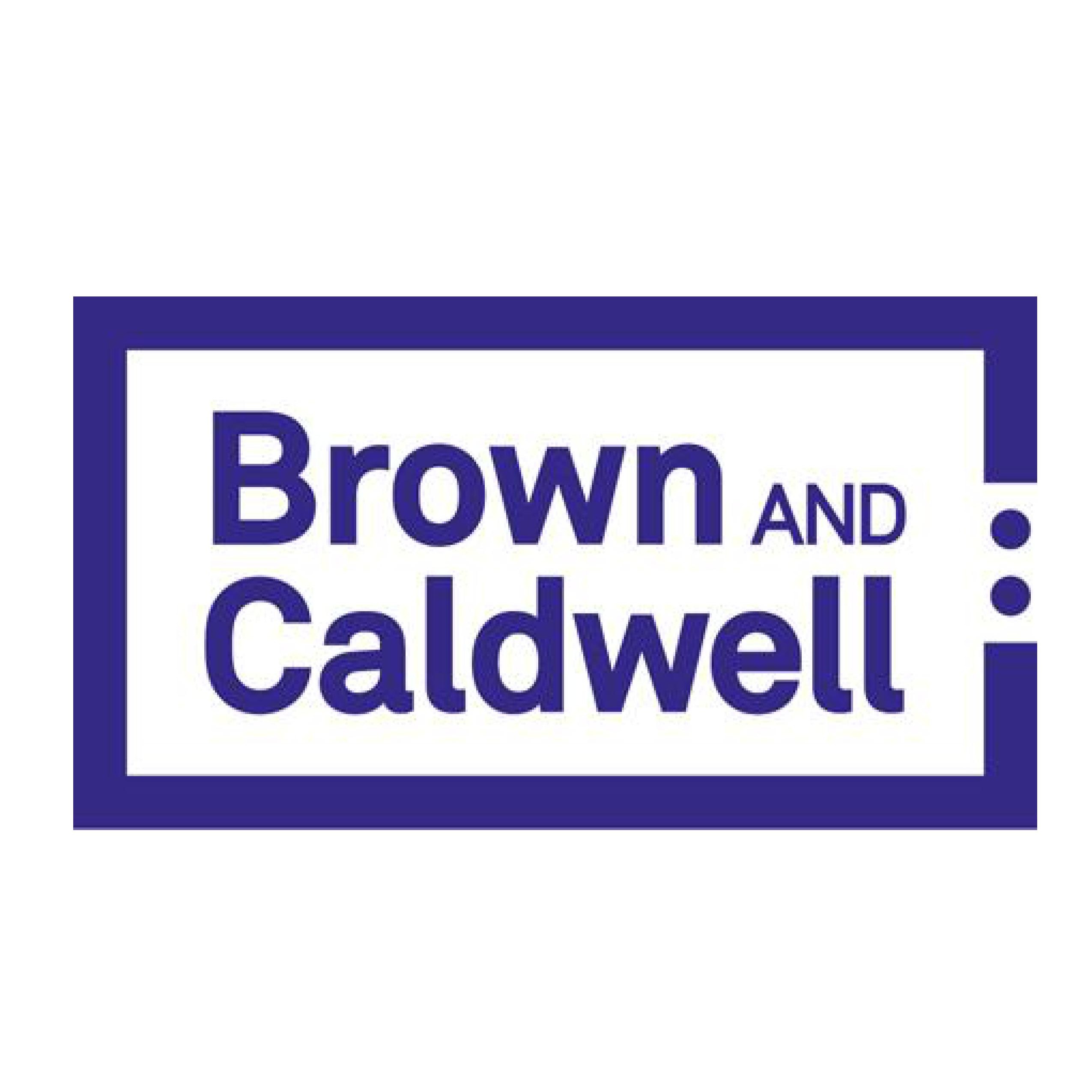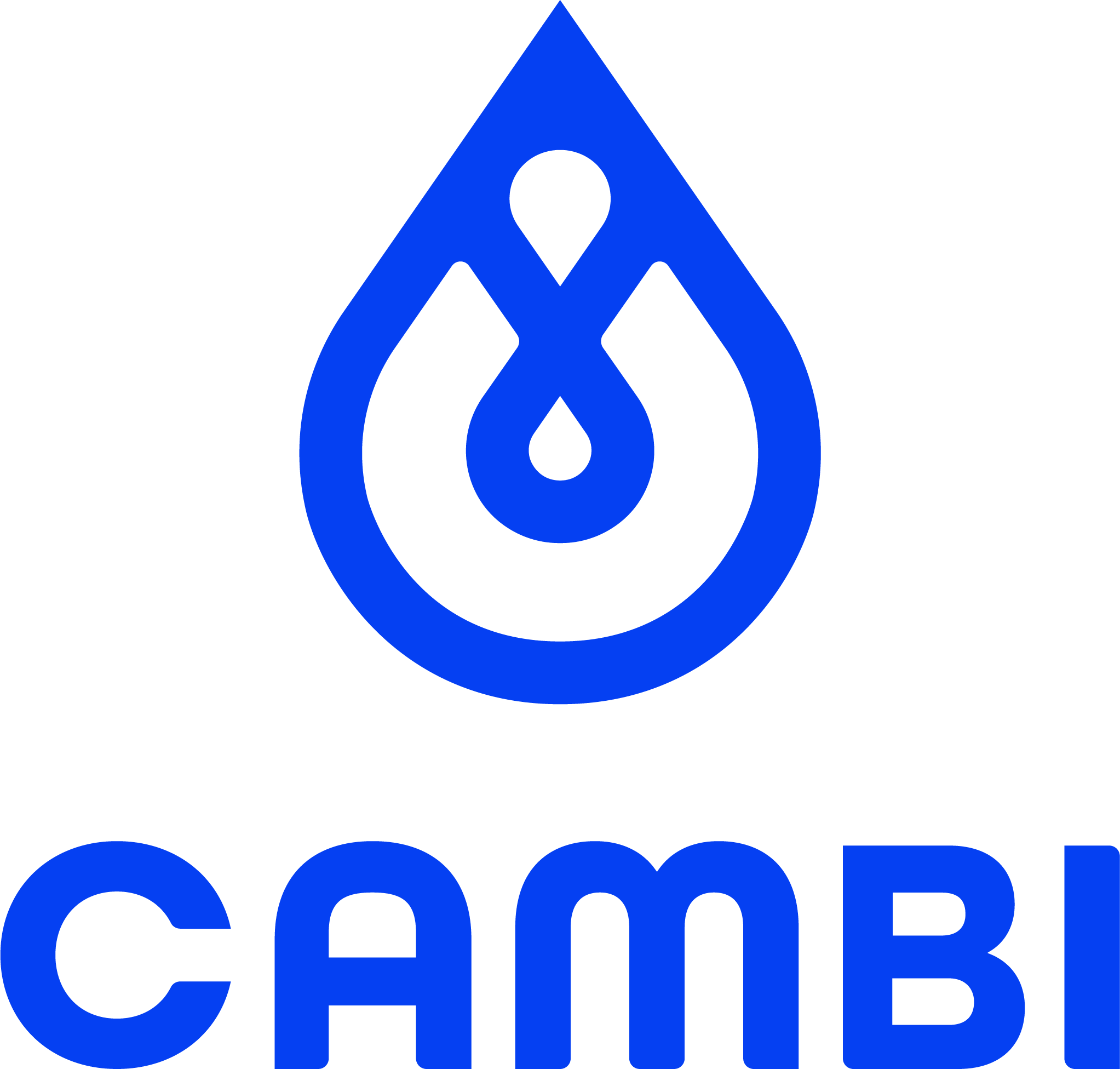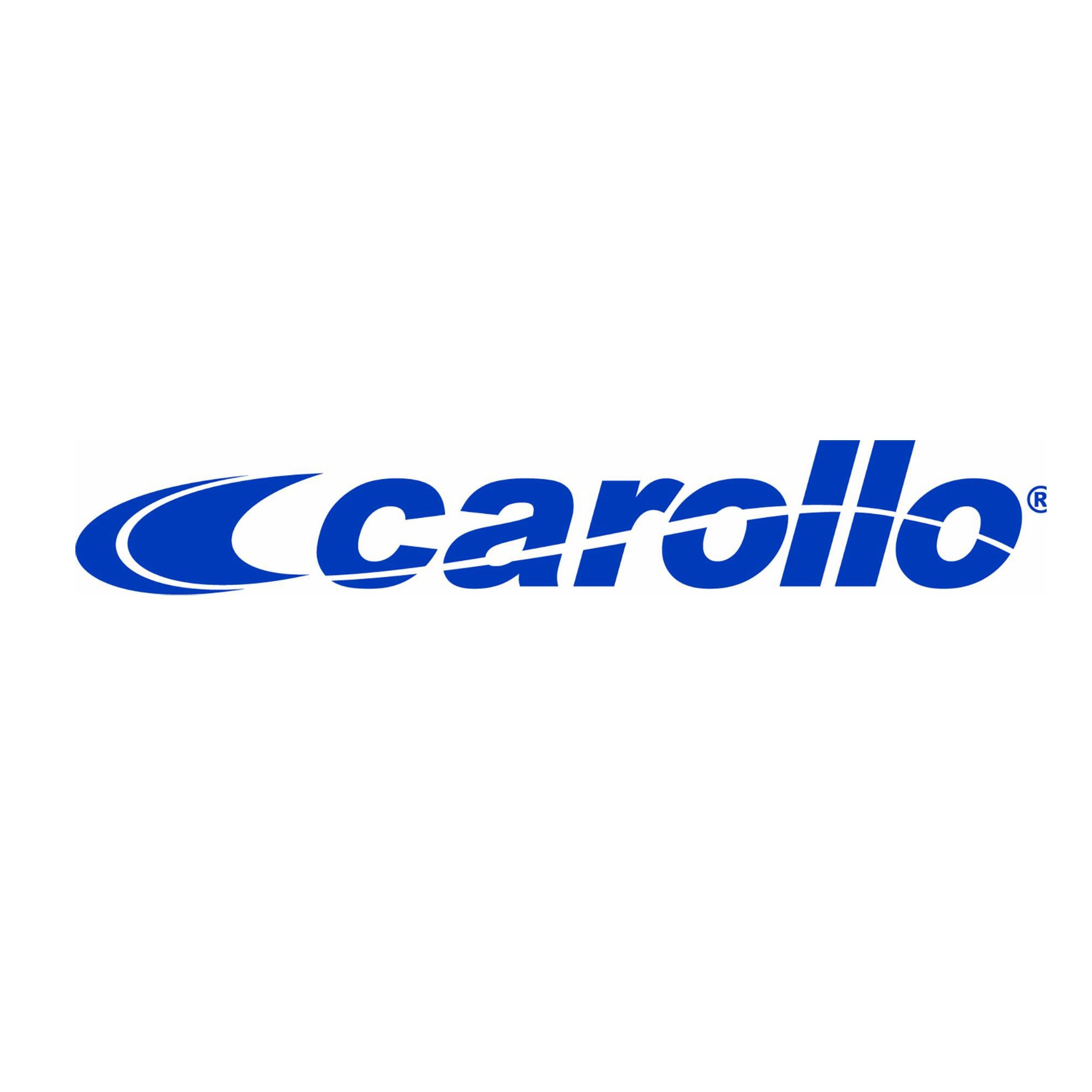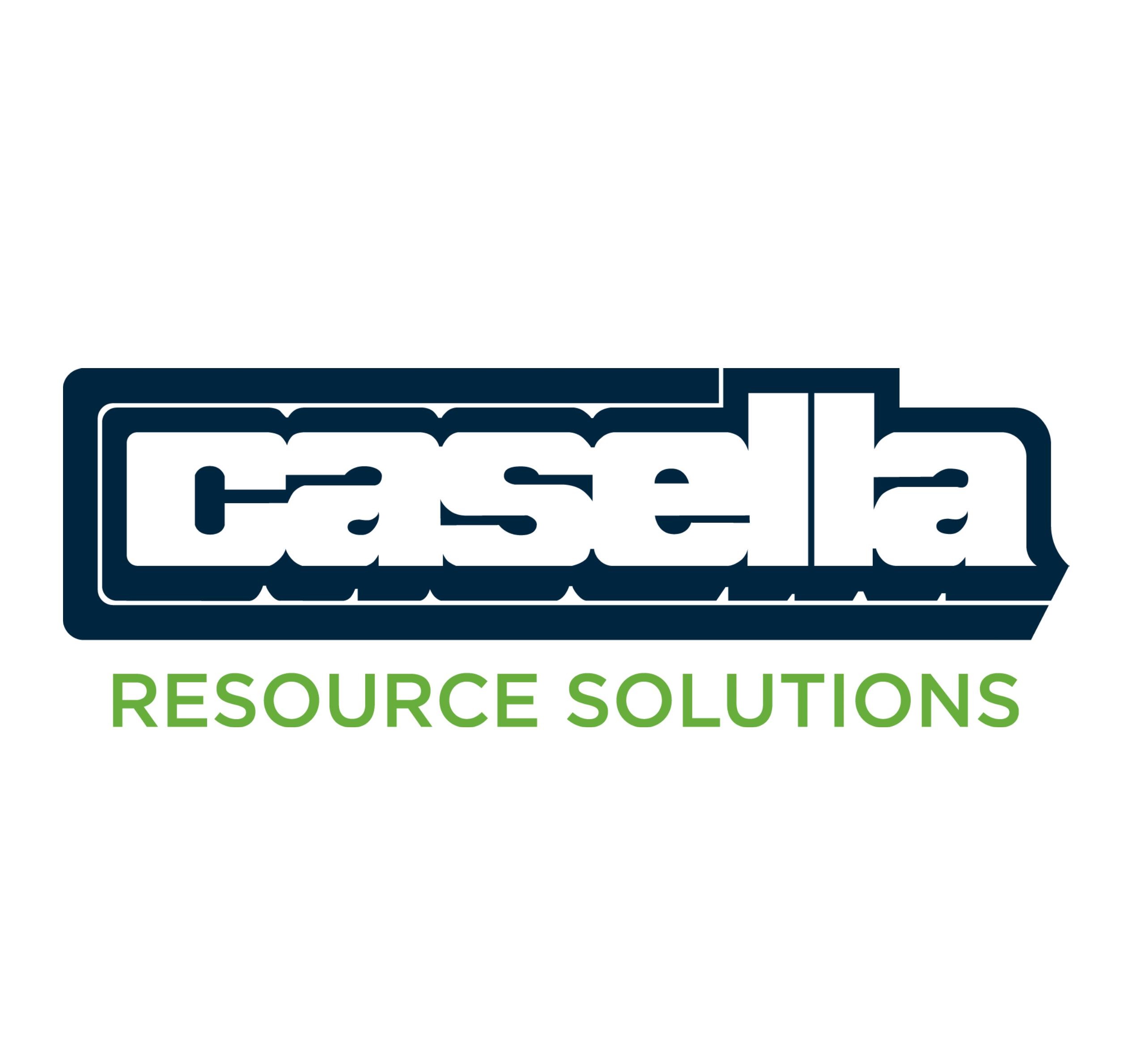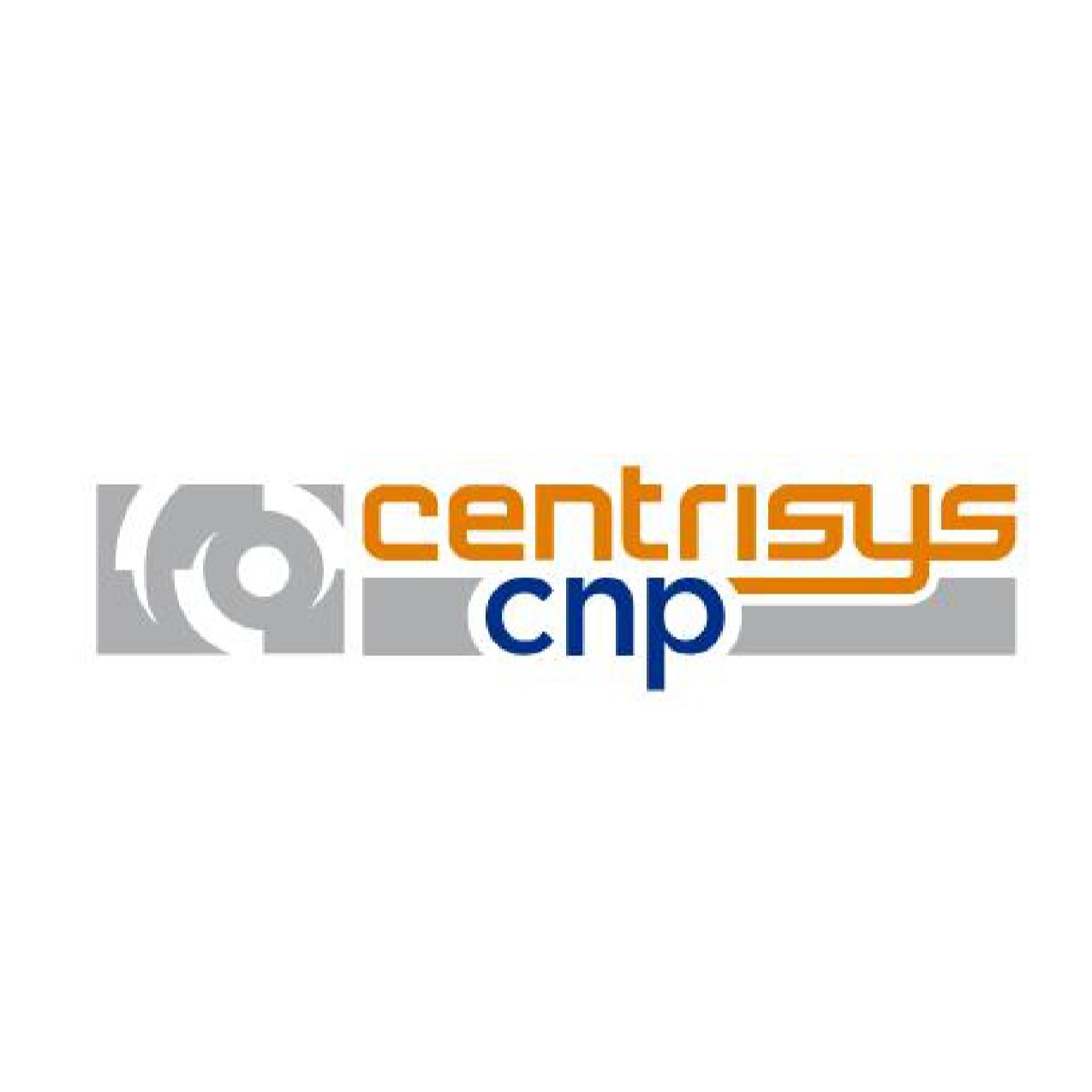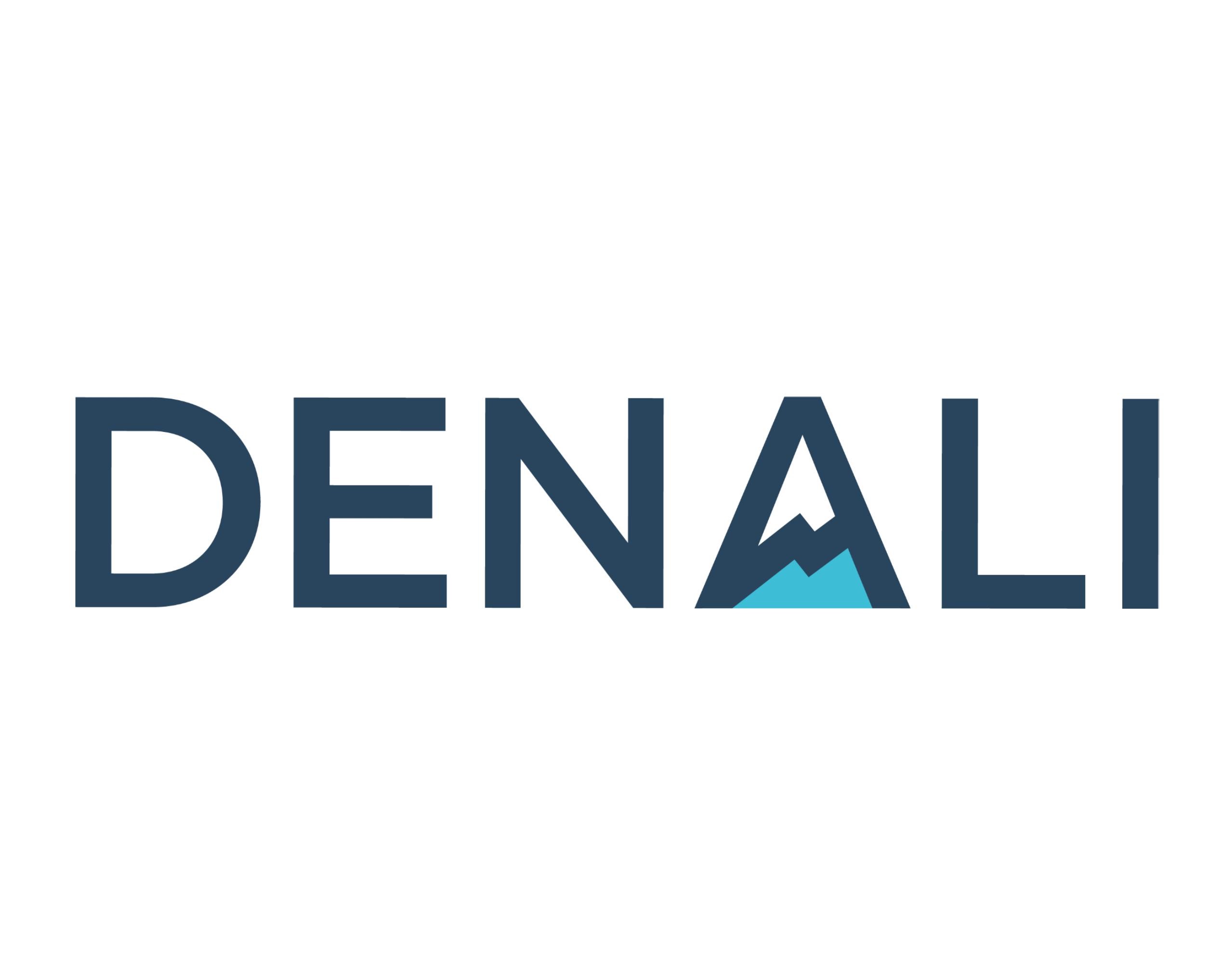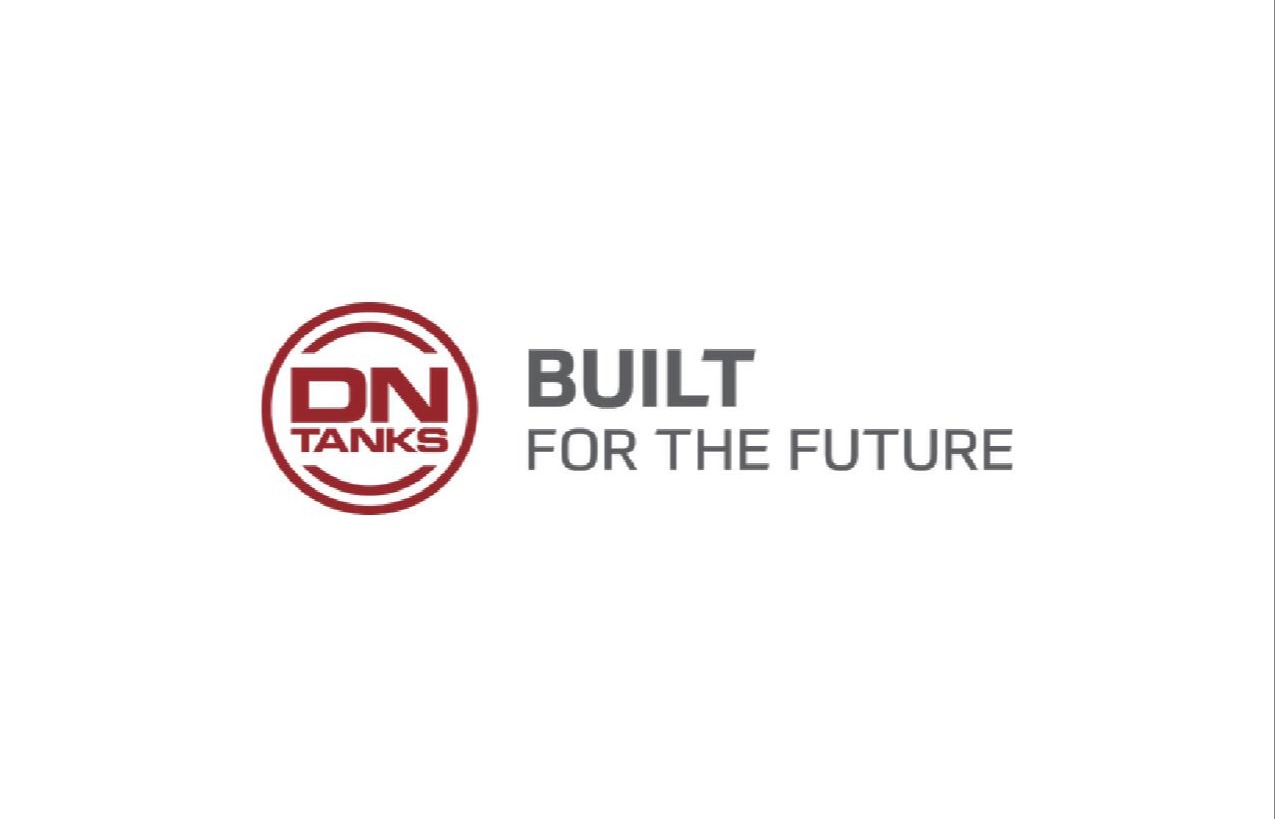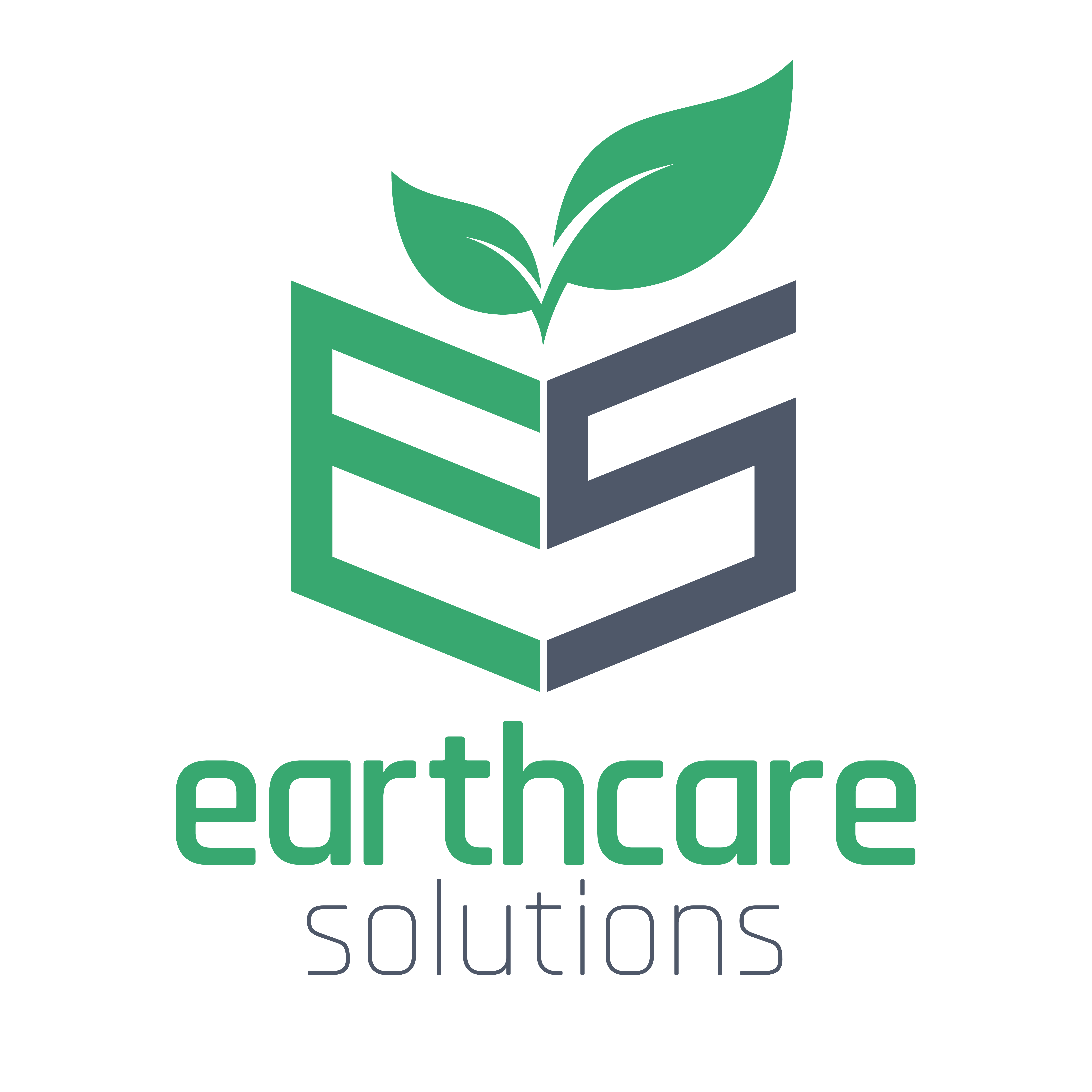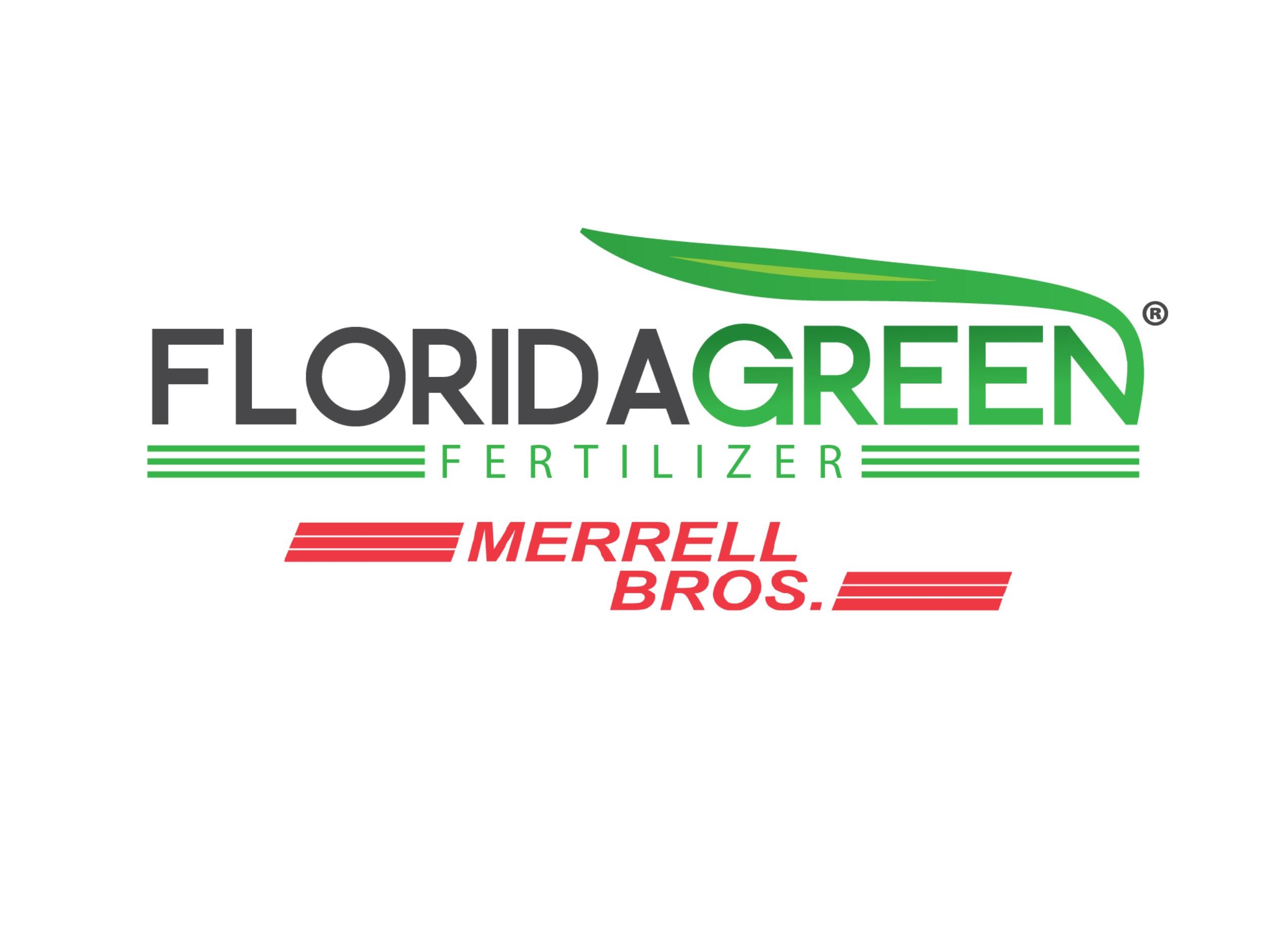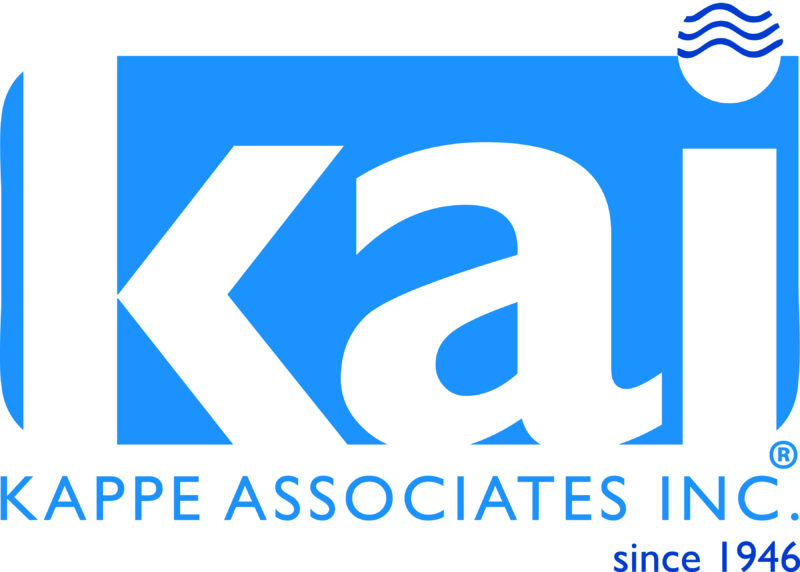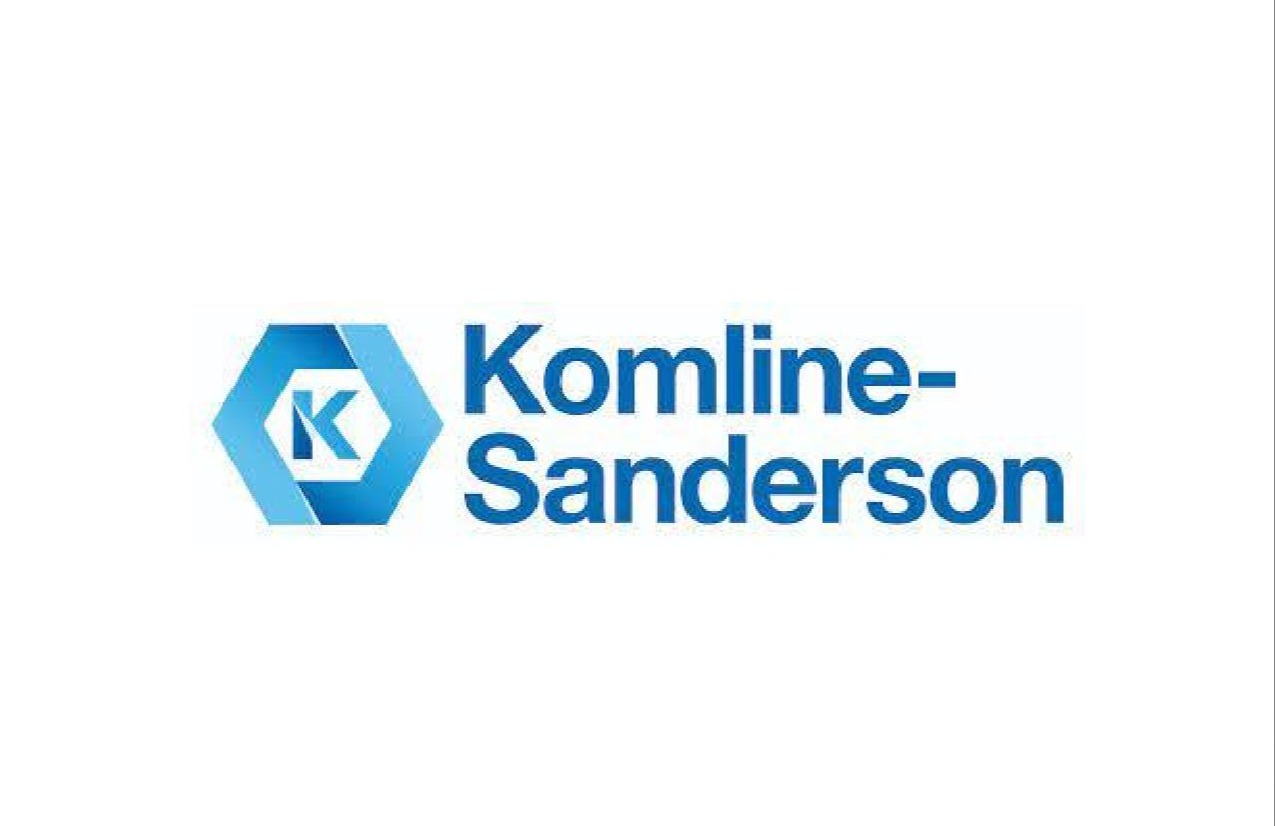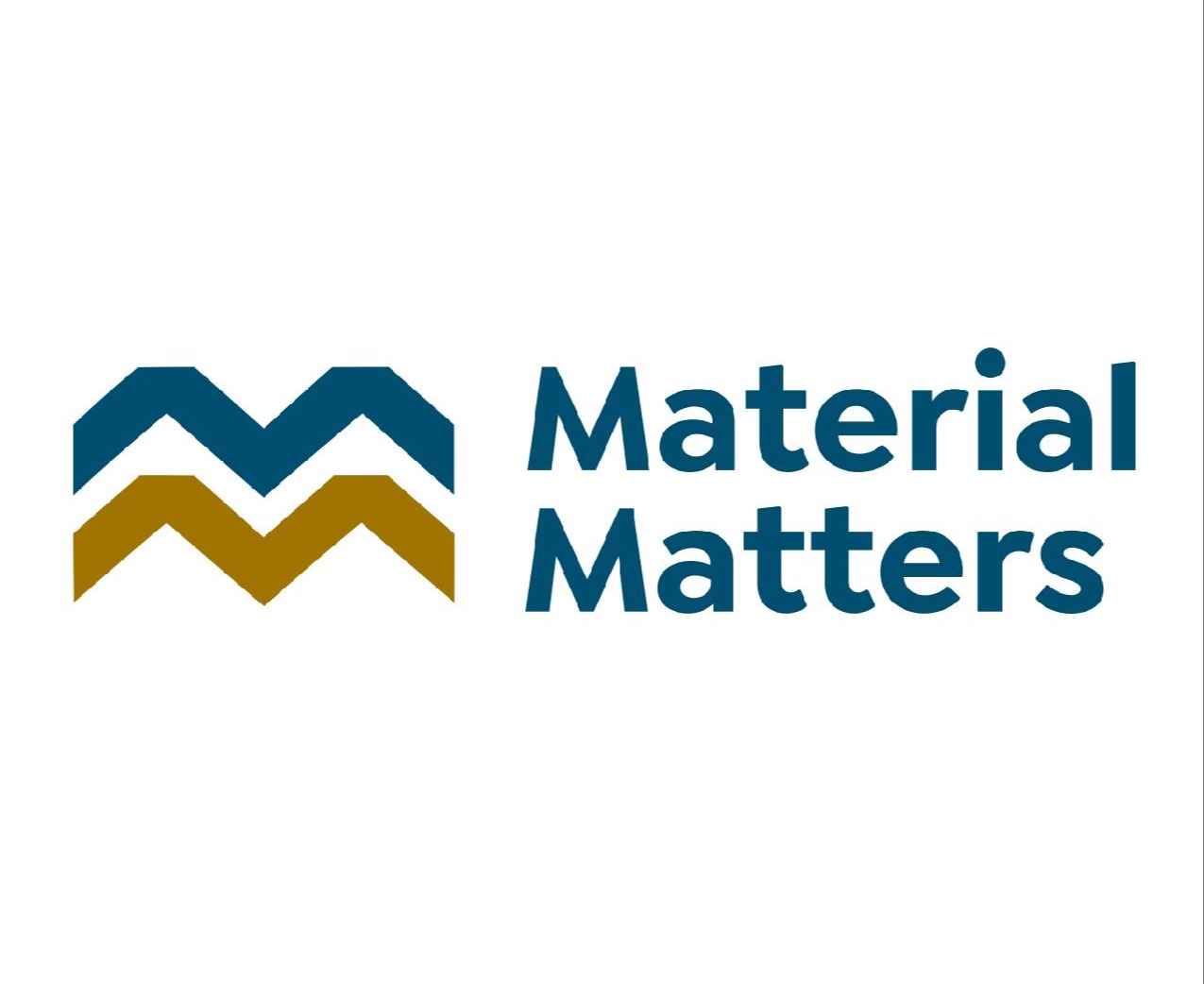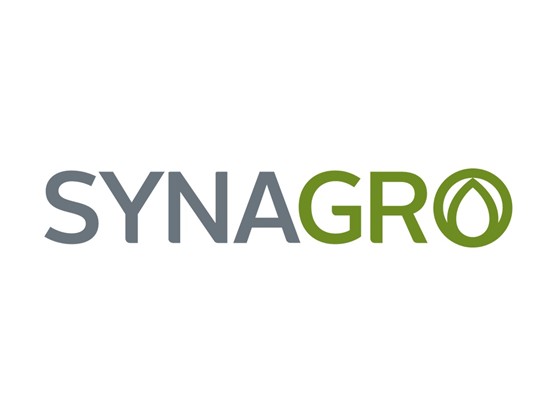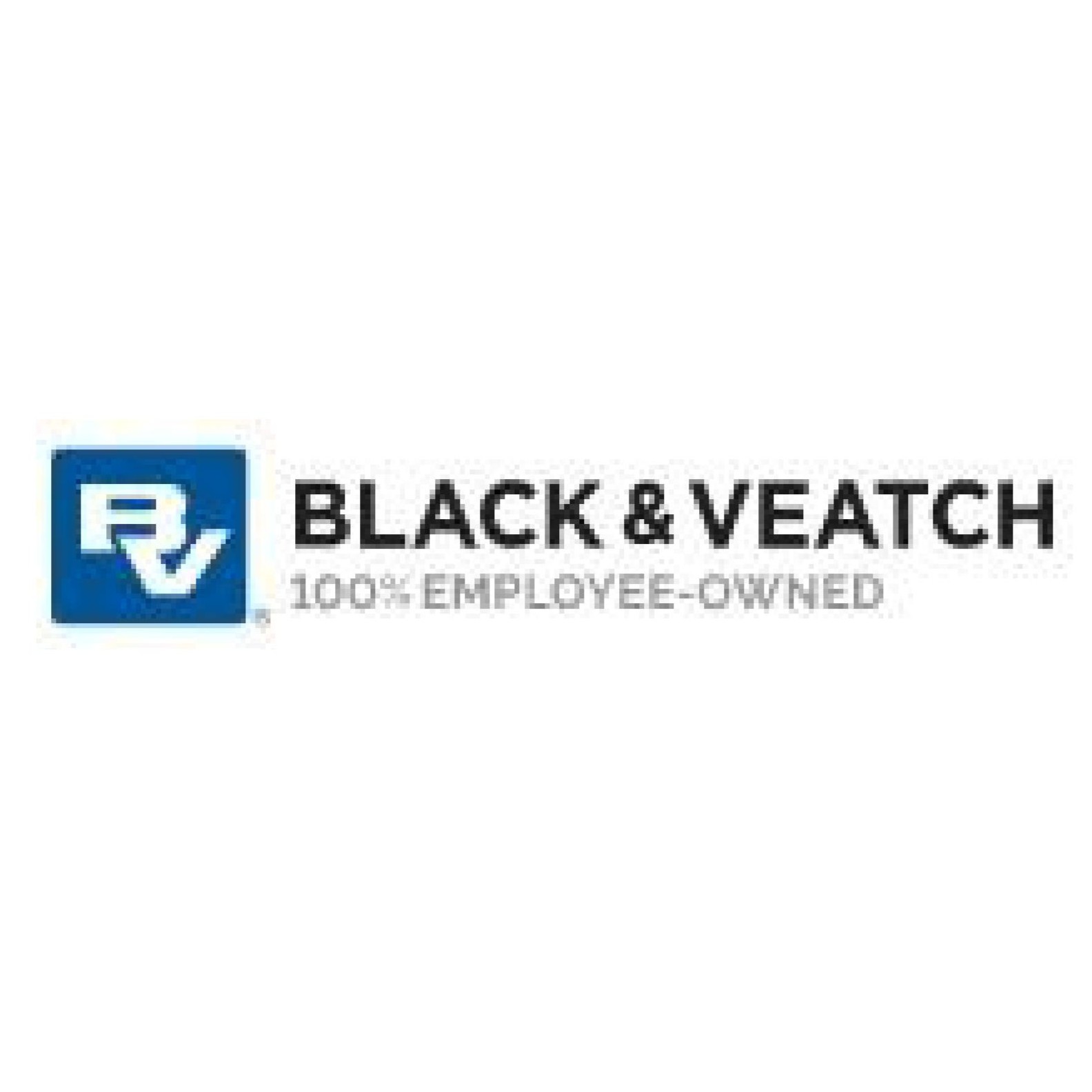- Login
- Home
- MABA
- MABF
- What's New
- Events
- Resources
- Biosolids Advocacy Fund
- Contact Us
|
July 2024 - MABA Biosolids Spotlight Provided to MABA members by Bill Toffey, Effluential Synergies, LLC SPOTLIGHT on Thermal Processes in the MABA Region We are close, really very close! There is no risk of jinxing any of the four projects by predicting that, within 24 months of this SPOTLIGHT, the MABA region will have four operating thermal systems for depolymerizing biosolids. These are the four: Bioforcetech, Earthcare Bethel, Ecoremedy and CHAR Technologies. Not among these four are those “in the pipeline” projects introduced in other regions (374Water, Genifuel, KORE Infrastructure, Heartland HelioStorm). Also not listed are other projects in the MABA region that are either not truly “off-the-ground” (Saratoga Biochar Solutions) or that are awaiting some big actions to revive them (Aries Clean Technologies and Biowaste Pyrolysis Solutions). But having four on track is amazing, as they are near MABA members, and each holds the possibility of becoming reference facility operations. This is a breakthrough in biosolids technologies.A special aspect of the four projects in the Mid-Atlantic region is how they allow for useful comparisons. Two are municipal projects (Ephrata and DTMA); two are private ventures (CHAR Technologies and Earthcare Bethel). Pyrolysis and gasification are both represented. The residuals range in quality from biochar to ash. A common element is the processes are autogenous, meaning sustained without outside fuel sources. Expected feedstocks range from raw cake to digested cake to digested dried pellets. One technology (CHAR) proposes a mobile unit suited for use by multiple small treatment plants, a second technology (Bioforcetech) is suited for fixed installation at a small plant, a third (Ecoremedy) for installation at a medium size plant, and the largest of the bunch (EarthCare Bethel) is a standalone plant accepting sources of organic residuals from multiple classes of industrial and municipal plants. Yes, should all of these prove successful, the Mid-Atlantic region will be blessed by an array of options that will be references for the entire U.S., and perhaps beyond. Earthcare Bethel Earthcare’s gasification facility in Bethel, Pennsylvania, is the furthest along, as it is getting ready for its first deliveries of biosolids cake the last week of July 2024. Earthcare Bethel, LLC (a venture of Earthcare LLC, Earthcare Solutions LLC and BLDPC Ventures LLC) consists of two gasification units, both sized for 40 dry tons of feed daily, one primarily gasifying an agricultural residual and a second, newer unit committed to biosolids cake. While connecting to the electric utility delayed start-up, the facility has been able to go through commissioning of both units. Leading the development effort is Sean Sweeney, an engineer and Senior Vice President at Barton Loguidice DPC and now Earthcare Solution’s Executive Vice President. But the vision for this facility is that of company founder Mike McGolden, who has delivered over the past 20+ years on ten thermal facilities in the U.S. and abroad. Earthcare gasifiers accept a variety of organic waste feedstocks, though the Bethel facility is the first with a unit devoted to biosolids. The “secret sauce” for the Bethel facility is the availability nearby of high carbon poultry litter that, when gasified alone or in combination with biosolids, produces a biochar conforming to standards of the International Biochar Initiative for use as a soil amendment and for use in site remediation, both in collaboration with its allied enterprises, EcoChar LLC and EcoChar Environmental Solutions, LLC.
Earthcare Bethel has completed installation of its drying and gasification facility in Bethel, PA, for producing biochars from biosolids and agricultural residuals, and shipments of biosolids will begin before the end of July 2024. Earthcare Bethel will be operated as a merchant facility, accepting deliveries from multiple haulers bringing in dewatered biosolids of varying treatment levels, including raw sludges. Sweeney is looking for biosolids cake that is between 18% to 25% in solids content. Cake will be delivered to a receiving building where it is loaded into a hopper for blending with dried agricultural litter to achieve an optimum moisture and energy content for feed to a triple pass drum dryer. The discharge goes through a cyclone separator, with the solids directed to the gasifier. The syngas coming off the gasifier is fuel for both the gasifier itself and for the dryer, and the system is operated to allow significant carbon to be fixed in the char rather than completely oxidized. The gasifiers will eventually run 24 hours a day, seven days a week. The system includes blending with additives and activating the char so that it is tailored to meet customer requirements. The state Solid Waste facility permit will be tied to production for commercial biochar outlets. During start up, Earthcare will be collecting samples of the feedstock and the final product to demonstrate product conformance to state biosolid standards and IDI biochar standards. While the system is not designed with PFAS or microplastics in mind, Earthcare believes its system will be shown to mitigate both.Ephrata Borough Authority and Bioforcetech Ephrata Borough Authority’s installation of the Bioforcetech facility is close behind EarthCare. Its two Centrisys centrifuges and four proprietary dryer units, called BioDryers (slowly rotating drums that are aerated and heated), are already in operation, and the pyrolysis unit is installed and is in the commissioning stage. The origin of this project was a response to an RFP by Ephrata to design a Class A biosolids stabilization facility at its Treatment Plant #1, a plant with a current flow of 2 MGD and designed for 3.8 MGD, to replace a system that had no stabilization process. The Borough’s original concept was a temperature-phased anaerobic digester system with centrifuge dewatering, producing a Class A cake that could be used by local farmers. The engineering firm of GHD assembled an alternative proposal, subsequently accepted by the Authority, which followed the success of the Bioforcetech pyrolysis process at Silicon Valley Clean Water in Redwood City, California, which boasted useful biochar products. The biosolids is first dried in a “BioDryer,” a proprietary system resembling an enclosed composting chamber and then processed through a pyrolysis unit to produce biochar. Ephrata Borough Authority, with centrifuges and the Bioforcetech BIoDryers (pictured here) installed and operating, is now starting up the newly installed pyrolysis unit, with assistance of consultant GHD. GHD has led the efforts to bring this technology to Ephrata. Charles Winslow is the project manager overseeing the purchase of the system and guiding the installation. The components in place today include centrifuges and BioDryer, which together take solids up to 75%. Start-up is now imminent for the third element, the pyrolysis unit, which will receive a continuous flow of cake for final drying to 95% followed by thermal depolymerization in the absence of oxygen to produce a biochar. A key aspect is the oxidation of the syngas produced by the pyrolysis unit, using 30% of the heat for operating the pyrolysis and the other 70% for drying the biosolids in the BioDryer and in the storage unit after dewatering. Carbon filters and wet scrubbers are the air control system off the pyrolysis unit. Supplemental fuel is only used for start-up. The pyrolysis units, now in their second generation of design, are expecting two months of operation before cleaning. The biochar will be marketed by Bioforcetech, the revenue from which will be shared with the Authority. PFAS concerns were a secondary, but deciding factor, in Ephrata’s selection of the system; the primary driver was the cost effectiveness of the total operation compared to other advanced stabilization technologies.Synagro’s CHAR Technologies CHAR Technologies, out of Ontario, Canada,is manufacturing a demonstration unit of its high-temperature pyrolysis process. This demonstration unit was purchased by Synagro, which saw its role in solids processing at small plants and a potential to scale up to large facilities. The system Synagro purchased from CHAR is skid mounted and mobile, and, without a dryer component, is set up to process dried biosolids pellets. The expected initial trial in the Mid-Atlantic region is Baltimore’s Back River Treatment plant.
Synagro purchased the mobile pyrolysis unit shown here, designed and built by Canada-based CHAR Technologies, with an eye toward demonstrating it at Baltimore’s Back River plant, where Synagro operates a biosolids dryer. CHAR Technologies’ Pyrolysis Demonstration Unit (PDU) depolymerizes dried biosolids through pyrolysis, a high temperature thermal process operating in the absence of oxygen in a rotary kiln chamber with an external burner. Except during start-up, the PDU is autogenous, as it is fueled with the syngas generated during the breakdown of biosolids, a major beneficial feature of the system. The syngas contains dust, steam, hydrogen, carbon monoxide, carbon dioxide and methane, so the PDU is equipped with scrubbers that convert the syngas for internal use in the pyrolysis unit, with excess syngas combusted, along with exhaust gases from the pyrolysis unit, in a thermal oxidizer unit before being discharged through the stack. The excess syngas will be evaluated for suitability to use as supplemental energy for drying facilities at future installations. At full deployment, the PDU will produce approximately 143 standard cubic feet per minute of high heating value syngas and roughly 4 tons per day of inert carbon-rich biochar that can be used as a soil amendment or used as fill. Approximately 26 gallons per hour of high Chemical Oxygen Demand ("COD") wastewater will be discharged back to the WRRF for treatment.Derry Township Municipal Authority and Ecoremedy Derry Township Municipal Authority (DTMA), Hershey, PA, is ready to pull the trigger on constructing the Ecoremedy gasification system, having navigated several complex processing, finance and permitting challenges that would rightfully cause any reasonable wastewater manager to pause. The story of how Ecoremedy came to be is part of the larger story of DTMA’s biosolids program. DTMA has “seen it all” with biosolids treatment and use. At one time, Derry had incinerators; these were followed by liquid injection to farmlands of lime stabilized biosolids; in turn, this program was followed by anaerobic digestion with biogas fueled indirect paddle dryers. But “stuff” happened, such as a flood that damaged cogeneration equipment, irreparable wear and tear to its dryers, and problems with farmer complaints about dusty dried biosolids. While DTMA is back using Class B cake on farms, a master planning effort led by Brown and Caldwell was guided by DTMA’s goal of returning to Class A product and on staying ahead of the regulatory curve, which seemed to be pointing to PFAS regulation and restrictions on Class B use. DTMA also sought to preserve its “net energy positive” reputation with hauled-in organic waste feeding its iconic egg-shaped digester.
The operator visually checks centrate return from the centrifuges to verify capture rate and polymer dosage, both factors in ensuring performance goals are being met. Yes, DTMA’s 5 MGD plant has a complex set of moving parts, but Bill Rehkop, Executive Director for DTMA (PA), thrives on complexity. When Ecoremedy, a local firm that had been experimenting with gasification of manure, turned its focus to biosolids with a demonstration project in southeastern Pennsylvania’s Morrisville STP, Rehkop took note. He enlisted Brown and Caldwell, a firm with deep biosolids experience, to accompany DTMA in doing the detailed work of ensuring Ecoremedy’s success in delivering a facility that left no aspect to chance, including details of conveyance, storage, ventilation, odor and dust control, and fire/explosion protection. On top of this, Rehkop has consistently held as a core goal that of ensuring reliable flow and use of DTMA’s biosolids should an interruption of the gasification system occur, as he could move on a dime back to the use of Class B biosolids to farmlands. Rehkop has also been persistent: confronting the intention of state regulators to reclassify its biosolids as industrial residuals; seeking to maximize state financial incentives (Penn Vest revolving fund) and procurement mechanisms (COSTARs); and, designing its gasifier to operate as a regional biosolids facility. At the end of the process, DTMA will be producing a mineral rich ash, low in carbon because of nearly complete use of carbon for energy production. It will be a system that drives energy efficient drying and depolymerization process to yield a residual with soil building and plant nutrient attributes. For more information, contact Mary (Firestone) Baker at [email protected] or 845-901-7905. |

